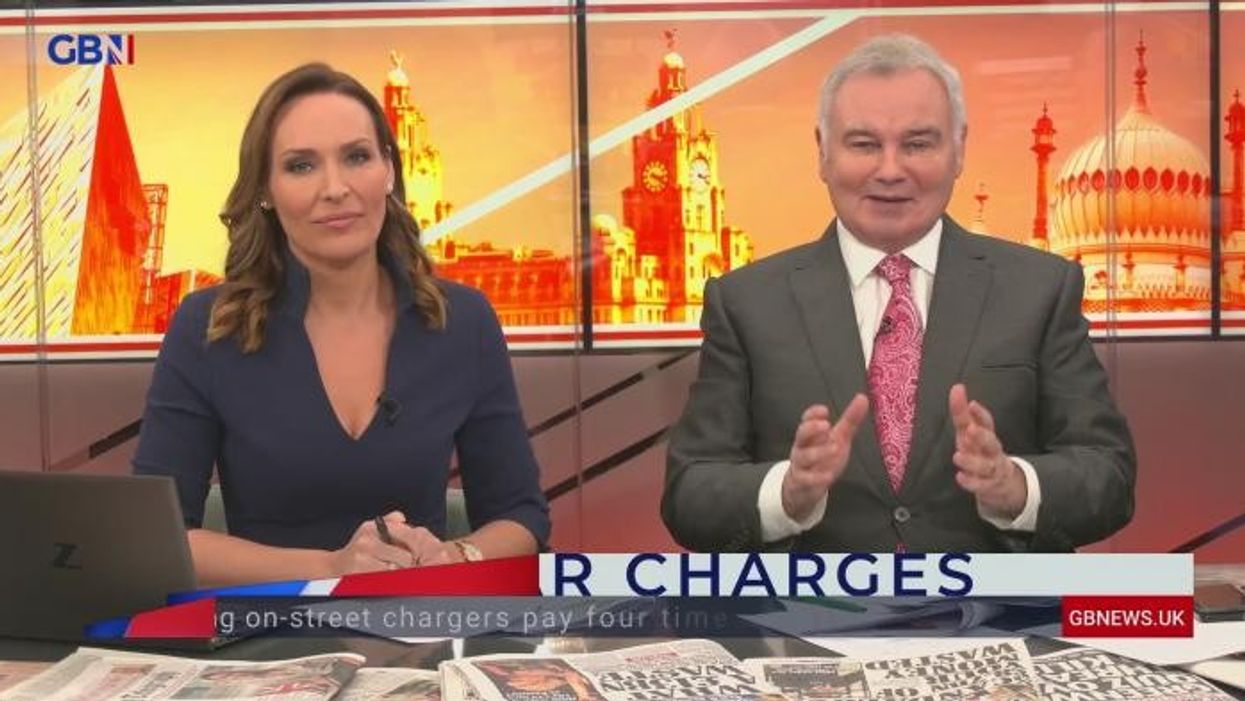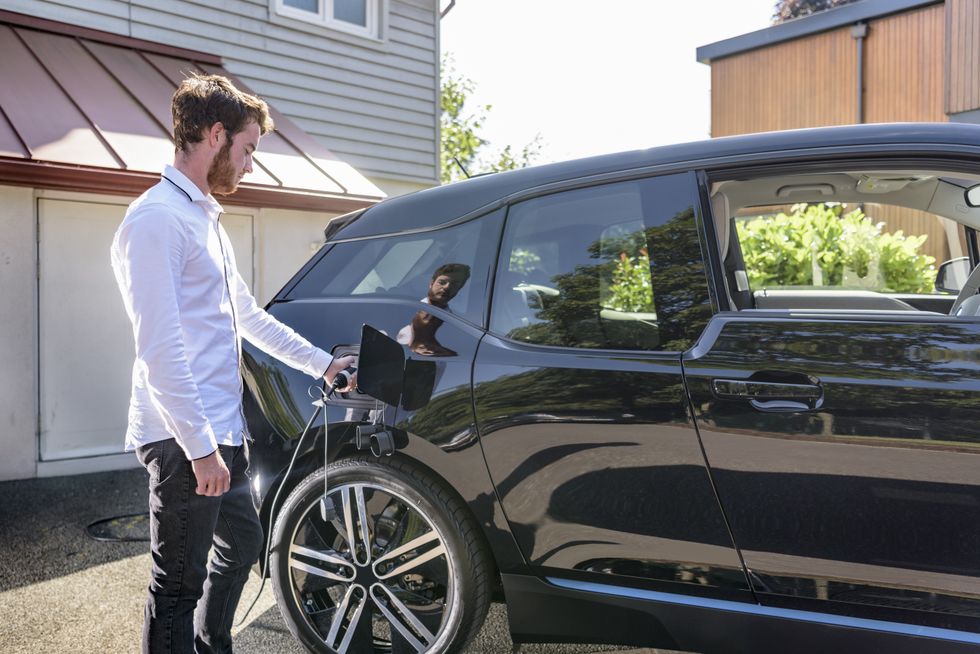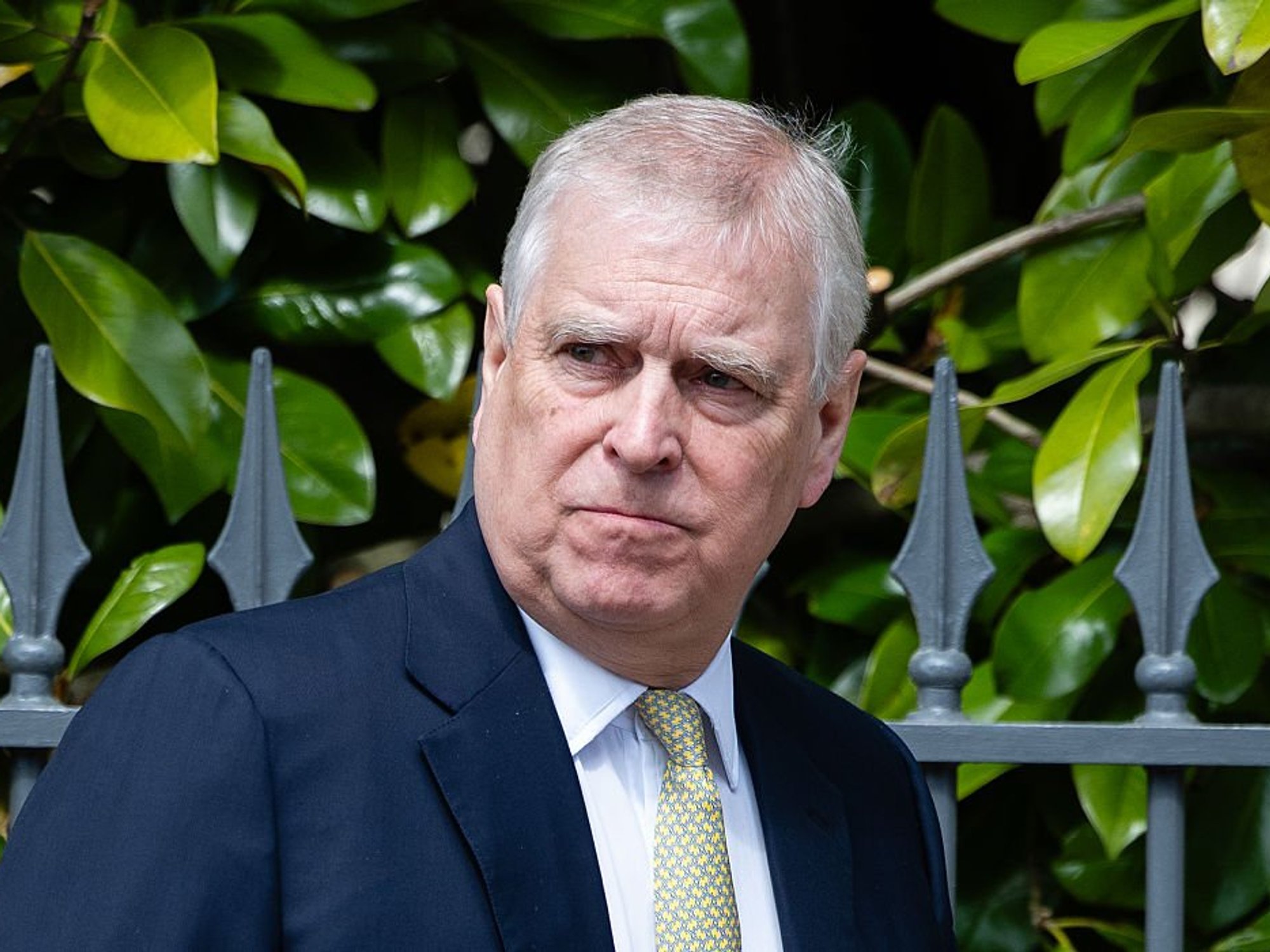Driving law changes to slash VAT rates on electric car chargers would help motorists save 'considerably'

WATCH: Quentin Willson on electric vehicle chargers
|GB NEWS

Experts are calling on Chancellor Jeremy Hunt to cut VAT rates at the Spring Statement
Don't Miss
Most Read
Latest
Experts are calling on the Government to cut VAT rates on public chargers for electric vehicles in a bid to increase uptake of EVs and give drivers confidence to switch.
While the UK charging network continues to grow at a healthy pace, a rising number of drivers are also installing chargers at their homes to top their electric vehicles up.
People charging their electric cars from their homes pay a VAT rate of just five per cent, a much smaller figure compared to those who rely on public chargers.
Public charging stations attract a VAT rate of 20 per cent, prompting drivers and industry leaders to demand a change to rules to cut prices for those who cannot charge at home.

Drivers can save money when charging their EVs at home
|GETTY
David Martell, CEO of premium home charging brand Andersen EV, spoke to GB News about what needs to change to ensure motorists have the facilities required to get an electric car.
He said: “En-route rapid charging is very expensive, not because operators are necessarily profiteering but because of a number of differing factors, including a rate of 20 per cent VAT compared with just five per cent at home.
“Our figures show that it pays considerably to charge when you are at home or at work and, if possible, overnight at your convenience on a dedicated EV tariff.”
This has been a serious point of contention from EV groups, who have dubbed the practice “pavement tax”, while also urging the Government to introduce changes as soon as possible.
There were hopes that Chancellor Jeremy Hunt would comment on public charging versus home charging in the Autumn Statement, although this was not mentioned.
Many are now calling for Hunt to introduce VAT changes in the upcoming Spring Statement in a bid to make home charging more attractive for drivers.
Drivers who have the capability to charge their cars from home can sometimes benefit from their devices starting and stopping charging activity in line with tariff changes, like the Andersen A2.
This means they will only charge when rates are at their lowest, which tends to be overnight and at times when there is little demand.
According to the RAC, 65 per cent of UK homes have driveways or other off-street parking that would enable them to fit a home charger.
Smart charging with an Andersen A2 at home would cost just 1.9p/mile, compared to 6.6p with a non-smart device, 12.2p in a petrol car and 17.9p at a public rapid charger.
There have been calls for homeowners to receive greater support to install chargers at home to ease pressure on the public charging network.
This comes as RAC data suggests that the UK Government failed in its goals to install six or more rapid or ultra-rapid EV chargers at every motorway service area in England by the end of 2023.
LATEST DEVELOPMENTS:

Experts are calling on the Government to cut 'pavement tax'
|PA
The Andersen A2 is the only home charger available where the cable and plug are completely hidden when the driver is not using the charger.
This could be particularly appealing to drivers who want to charge their electric vehicle without ruining the view of their home.










